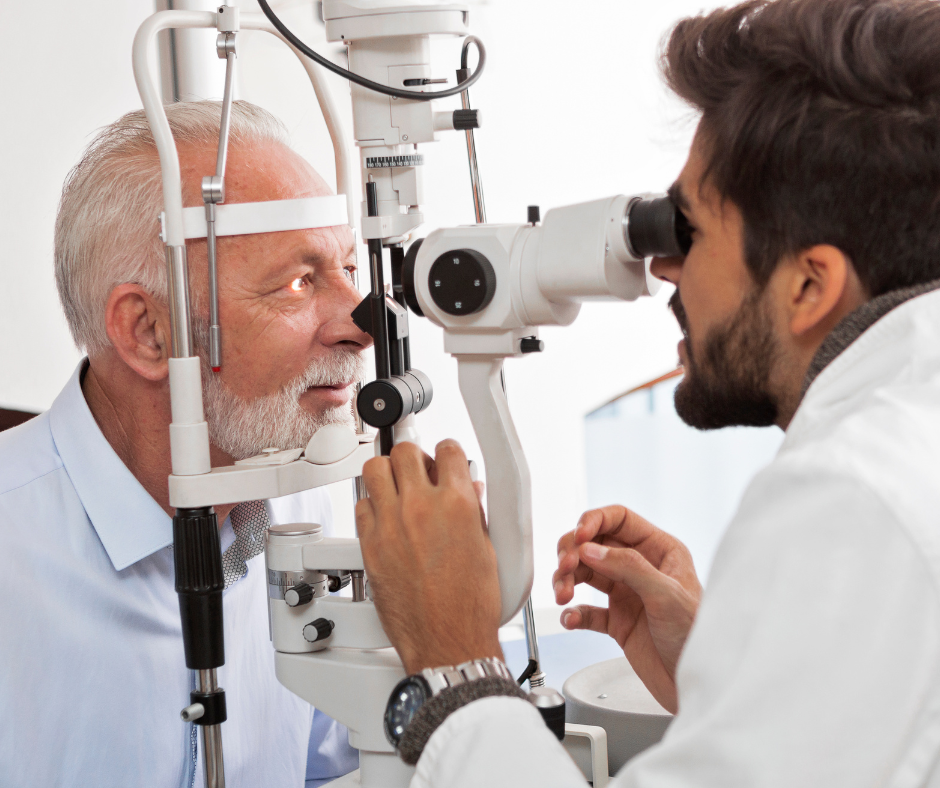Looking for an eye test in Sydney? You’ve come to the right place! In this blog post, we will discuss everything you need to know about eye exams in Sydney. We will talk about the different types of eye tests available and what each one entails. We will also provide a few tips on how to prepare for your eye test and make the most of your appointment. So whether you are looking for an optometrist in Sydney or just want some general information about getting an eye test in Sydney, read on!

Why do I Need to Get an Eye Test?
Most people are familiar with the need for an annual physical examination, but many do not realise that eyesight also diminishes over time. According to the American Optometric Association (AOA), it is recommended that adults over the age of 18 have their eyes checked at least once every two years. However, if you have a family history of eye disease, are diabetic, or are over the age of 60, you should have an eye exam every year.
There are many reasons why you might need to get an eye test. If you are having trouble seeing clearly, you may need glasses or contact lenses. If you have been experiencing headaches, dizziness, or tiredness, these could also be signs that your vision is not as sharp as it used to be. And of course, if you have any pain or redness in your eyes, you should see an eye doctor right away.
What Happens During an Eye Test?
An eye examination usually begins with a series of questions about your medical history and any vision problems you may be experiencing. The doctor will then assess your visual acuity, or how well you see at different distances. He or she will also check your eyes for signs of disease or other abnormalities.
After the initial examination, the doctor will likely perform one or more of the following tests:
- Refraction: This test measures how well your eyes focus light.
- Pupil response: The doctor will check your pupils for any abnormalities in size or shape.
- Eye muscle movement: This test assesses the muscles that control your eye movements.
- Visual field: The doctor will check for blind spots or other areas of vision loss.
- Retinal examination: The doctor will examine the back of your eye for any signs of disease.
These tests will help the doctor determine if you need glasses, contact lenses, or other treatments.
How to Prepare for Your Eye Test
There are a few things you can do to prepare for your eye test and make the most of your appointment. First, it is important to have a list of any medications you are taking, as well as any allergies you may have. Be sure to also bring along a list of any vision problems you have been experiencing.
It is also a good idea to wear comfortable clothing that does not restrict your vision. And if you wear glasses or contact lenses, be sure to bring them with you to the appointment.
Finally, if you have any questions or concerns that you want to discuss with the doctor, be sure to write them down before your appointment. This will help you make the most of your time with the eye doctor.
Eye exams are an important part of maintaining good vision. By following these tips, you can make sure that your eye test in Sydney is a success!
Conclusion
Eye exams are an important part of maintaining good vision. If you are having trouble seeing, experiencing headaches or dizziness, or have any pain or redness in your eyes, you should see an eye doctor right away. An eye examination usually begins with a series of questions about your medical history and any vision problems you may be experiencing. The doctor will then assess your visual acuity, or how well you see at different distances. He or she will also check your eyes for signs of disease or other abnormalities. After the initial examination, the doctor may perform one or more tests to determine if you need glasses, contact lenses or other treatments.
Leave a Reply